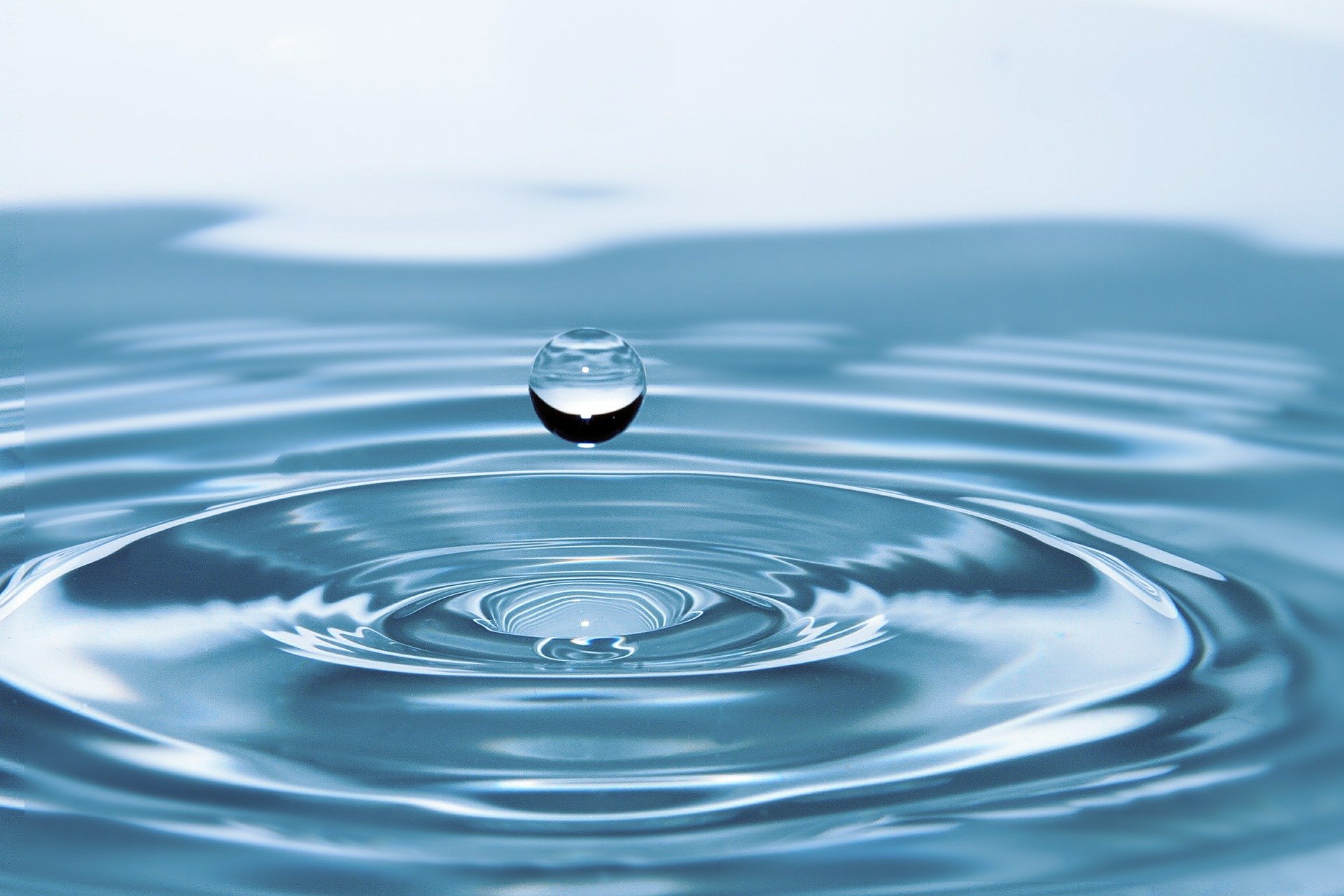Boiler systems rely on consistent and efficient feedwater delivery to maintain steam production and prevent equipment failure. At the heart of this process are boiler feed pumps, which operate under demanding temperature and pressure conditions. One of the most damaging and commonly overlooked issues in boiler systems, however, is boiler pump cavitation.
Boiler pump cavitation can lead to catastrophic pump damage, decreased system efficiency, and costly downtime. Recognizing the signs and understanding the mechanics behind cavitation is critical for engineers, operators, and maintenance teams aiming to optimize boiler performance and prevent premature pump failure.
Understanding Boiler Pump Cavitation
Pump cavitation in boiler systems occurs when vapor bubbles form in the feedwater due to a localized drop in pressure near the pump impeller. Vapor bubbles are generated when the liquid’s pressure falls below its vapor pressure, often caused by high fluid temperatures or inadequate Net Positive Suction Head (NPSH). As these bubbles travel into higher-pressure regions of the pump, they collapse violently, producing intense shock waves.
This repeated implosion of vapor bubbles can erode impellers, damage pump housings, and lead to vibrations, noise, and reduced flow rates. Because boiler feed pumps often handle high-temperature water just below the boiling point, they are particularly susceptible to cavitation. Left unchecked, boiler pump cavitation can rapidly deteriorate system components, increase energy consumption, and shorten equipment life.
Common Causes of Boiler Pump Cavitation
Due to the high-temperature, high-pressure environment in boiler systems, multiple factors can contribute to cavitation in boiler pumps. Understanding these conditions is key to prevention:
1. Inadequate Net Positive Suction Head (NPSHa)
One of the most common causes of cavitation is insufficient NPSHa compared to the pump’s required NPSHr. When the available pressure at the pump suction drops too low, often due to poor piping design, high fluid temperature, or elevation differences, vapor bubbles form in the fluid.
2. High Fluid Temperatures
Boiler feedwater typically runs close to its boiling point, especially in deaerator-equipped systems. As temperature increases, so does water vapor pressure, reducing the margin between system pressure and vapor pressure and making cavitation more likely.
3. Suction Line Restrictions or Leaks
Clogged strainers, undersized suction piping, or partially closed valves can restrict flow and lower pressure at the pump inlet. Similarly, air leaks on the suction side introduce gas, which promotes cavitation and may even cause air binding.
4. Improper Pump Sizing or Operation
Oversized or improperly selected pumps can generate excessive velocity at the eye of the impeller, leading to rapid pressure drops. Operating the pump too far left or right on its curve can also exacerbate cavitation risks.
Signs of Cavitation in Boiler Pumps
Detecting boiler pump cavitation early is crucial for minimizing damage and avoiding unplanned shutdowns. Here are the most common indicators:
- Unusual Noise: A distinct “gravel” or “marbles” sound coming from the pump, caused by the imploding vapor bubbles.
- Vibration: Increased vibration levels, especially at the pump bearings or casing, often signal internal damage.
- Decreased Performance: Lower than expected flow rate or discharge pressure due to disrupted impeller efficiency.
- Physical Damage: Pitting, erosion, or gouging on impeller vanes and internal surfaces, often visible during maintenance inspections.
- Frequent Seal Failures: Cavitation-induced vibration and heat can lead to premature mechanical seal wear or leakage.
If any of these symptoms are present, it’s important to inspect the system immediately and address the root causes to prevent further equipment degradation.
How to Prevent Boiler Pump Cavitation
Proactive system design, proper pump selection, and routine maintenance are the most effective ways to prevent boiler pump cavitation:
Maintain Adequate NPSHa
Ensure that the net positive suction head available (NPSHa) exceeds the pump’s required NPSH. This may involve:
- Increasing the suction pipe diameter to reduce friction losses
- Minimizing elevation differences between the boiler feedwater tank and pump
- Maintaining consistent tank pressure
Monitor Operating Temperatures
Avoid overheating feedwater beyond system requirements. If your system uses a deaerator, confirm that water temperatures and pressure settings are within recommended parameters to avoid approaching vapor pressure limits.
Optimize Pump Sizing
Select pumps based on accurate system curves and flow requirements. Pumps operating too far off their best efficiency point (BEP) are more prone to cavitation and mechanical wear. Pump services like Pump Audits and System Assessments can help identify performance mismatches.
Address Suction Line Design and Leaks
Ensure that suction piping is short, straight, and properly sized. Avoid sharp elbows near the inlet and inspect for vacuum leaks that might introduce air into the system.
Install Pressure Monitoring Equipment
Integrating sensors and smart pump monitoring tools can help detect pressure drops or irregular flow conditions before cavitation becomes a problem.
Learn more about Pump Cavitation: Causes, Effects, and How to Avoid It.
IPE’s Expertise in Solving Boiler Pump Challenges
Illinois Process Equipment (IPE) has extensive experience diagnosing and resolving boiler system inefficiencies, including cavitation-related failures. Our team provides:
- System audits to detect cavitation-prone conditions
- Expert pump selection based on operating conditions and fluid dynamics
- Custom skid fabrication and turnkey solutions for boiler feedwater systems
- Ongoing service and support, including preventative maintenance
IPE offers pumps and process equipment solutions for commercial and industrial boiler systems.
Pump cavitation is one of the most damaging and preventable problems in high-temperature pumping applications. By identifying risk factors early and applying sound engineering solutions, you can protect critical equipment and improve system efficiency. Contact IPE today for expert guidance on eliminating boiler pump cavitation.



